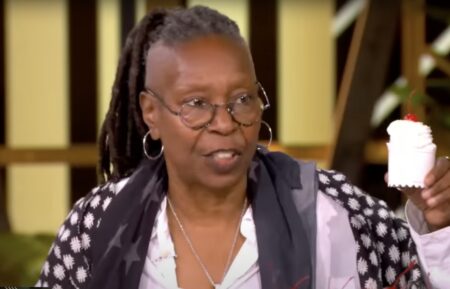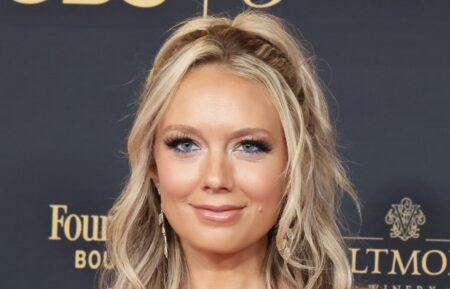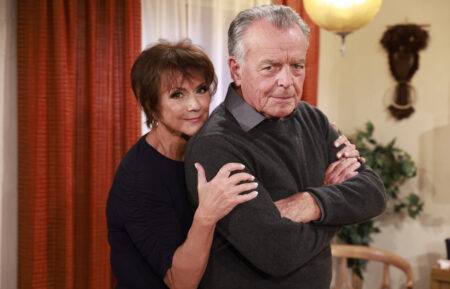Beloved Sci-Fi Author Profiled in American Masters’ ‘Worlds of Ursula K. Le Guin’
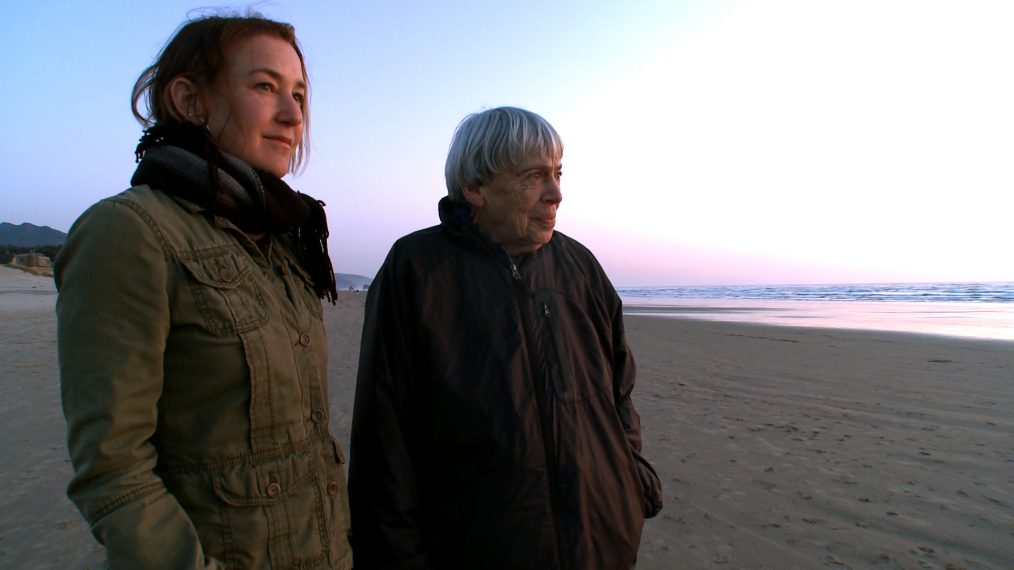
Best known for her science fiction and Earthsea fantasy series, celebrated and beloved author Ursula Kroeber Le Guin (1929–2018) wrote 21 novels, 11 volumes of short stories, four collections of essays, 12 children’s books, six volumes of poetry and four of translation during her life.
The documentary film, which explores the remarkable life and legacy of the prolific and versatile author, premieres nationwide Friday, August 2 on PBS (check local listings).
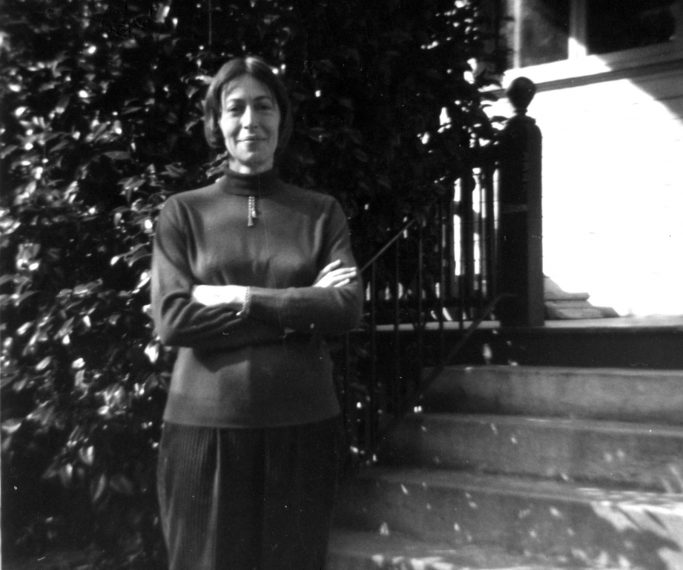
Courtesy of The Estate of Ursula K. Le Guin; Portland, Oregon
American Masters – Worlds of Ursula K. Le Guin tells the intimate coming-of-age story of the Portland, Oregon, housewife and mother of three who forever transformed American literature by bringing science fiction into the literary mainstream.
Through her influential work, Le Guin opened doors for generations of younger writers like Neil Gaiman, Margaret Atwood, Michael Chabon and David Mitchell — all of whom appear in the film — to explore fantastic elements in their writing.
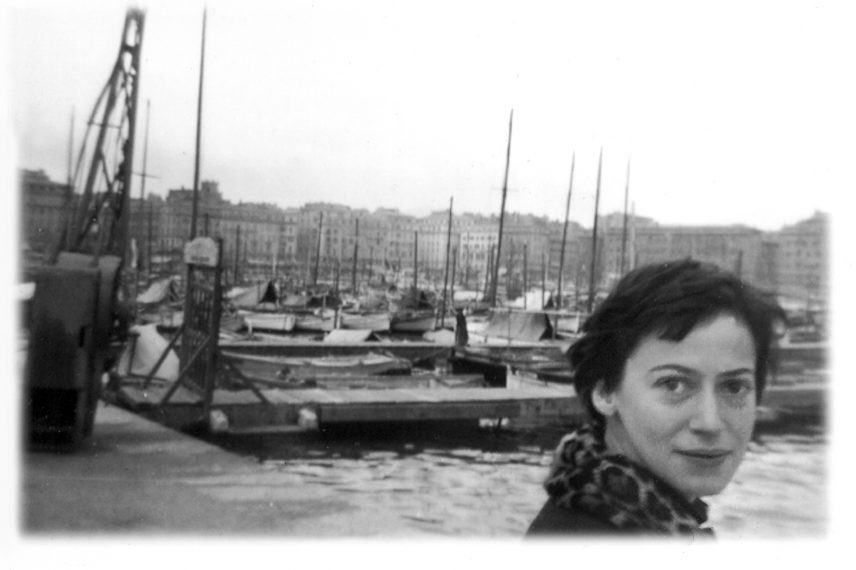
Courtesy of The Estate of Ursula K. Le Guin; Portland, Oregon
The film begins with Le Guin’s early struggle to get published in the overwhelmingly male and realism-dominated climate of the early 1960s.
Her first major breakthrough came with the young adult novel “A Wizard of Earthsea,” set in a magical archipelago inhabited by wizards and dragons. Along with groundbreaking novels like “The Left Hand of Darkness” and “The Dispossessed,” “Earthsea” crowned Le Guin as the queen of science fiction by the end of the decade.
But as a woman and a genre writer, she still faced marginalization that hobbled her career until the last decade of her life, when she won the National Book Foundation’s lifetime achievement award and became the second living author to have their work anthologized by the Library of Congress.
At the heart of the film is Le Guin’s intimate journey of self-discovery as she comes into her own as a major feminist author. “What I was doing was being a woman pretending to think like a man,” she says, reflecting on why her early novels put men at the center of the action.
But as second-wave feminism crashed into the science fiction world in the 1970s, Le Guin recognized her own internalized notions about heroism and power. Initially defensive, she found truth in the criticisms of her work.
American Masters – Worlds of Ursula K. Le Guin, Premiere, Friday, August 2, 9/8c, PBS (Check your local listings)




